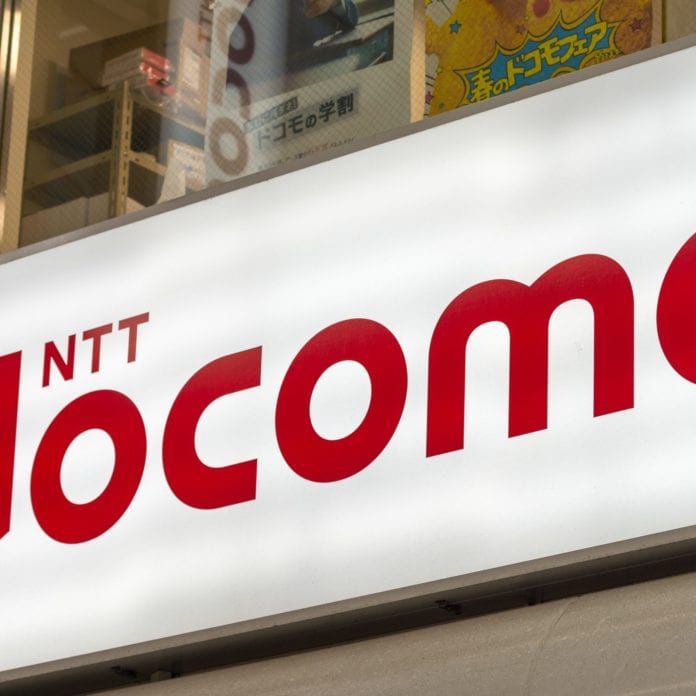The company has already reached 1,800 partners in its 5G Open partner program
Japanese telecom operator NTT DoCoMo plans to launch pre-commercial 5G services in September 2019, the carrier’s president and CEO, Kazuhiro Yoshizawa, said during a conference call with investors and analysts.
Yoshizawa also said that the company aims to launch commercial 5G services across Japan by mid-2020. He also said that customers will be able to experience 5G services during the Rugby World Cup next year.
NTT DoComo has been adding partners to its 5G Open partner program, through which it aims to create 5G-based solutions. The program currently has 1,800 partners and expects to end 2021 with 5,000 partners, the executive said.
“We would like to create commercialized solutions one after another, and these solutions will be deployed through our corporate sales teams across Japan in a horizontal manner,” Yoshizawa said. “We are working together with various partners to realize remote medicine, and also, disaster prevention measures, so that we can contribute to the development of society and industries.”
NTT DoCoMo has been carrying out a number of trials in the 5G field, mainly with Chinese vendor Huawei. The two companies had announced a collaboration with Tobu Railway to trial a millimeter wave system at Tokyo Skytree Town, as part of a broader push for field trials being advocated by Japan’s communications ministry.
DoCoMo and Huawei said the Tokyo trial was conducted with the main aim of researching technical conditions to use the 28 GHz band and other candidate spectrum for 5G in dense urban areas.
Earlier this year, Finnish vendor Nokia secured a contract with NTT DoCoMo to provide next-generation equipment for the operator’s future commercial launch. Under the deal, Nokia will support NTT DoCoMo’s commercial operation in Japan by further enhancing existing baseband units and integrating its 5G New Radio-based AirScale hardware in the network.
Rakuten inks deal with KDDI to use 4G network
In related news, Japanese commerce giant Rakuten has signed a deal with telecom operator KDDI through which the company will use the lattter’s 4G network for the provision of mobile services.
The agreement will enable Rakuten to offer a nationwide LTE service from launch. The services will be provided until March 2026, which will give the e-commerce firm time to deploy its own network.
Rakuten Mobile Network recently conducted a 5G trial in collaboration with Nokia and Intel as it prepares to shift from being a mobile virtual network operator to building out its own network. Rakuten used the Nokia AirScale base station and the Intel 5G Mobile Trial Platform for the technology trial.
The trials were carried out from June at the Nokia Kawasaki Technology Center located in Kanagawa Prefecture in Japan to evaluate fundamental 5G capabilities in the 28 GHz frequency band. Rakuten and Nokia said they have verified a number of 5G applications, including 4K video and 3D, 360-degree VR live streaming.
Rakuten Mobile Network, owned by Japanese e-commerce giant Rakuten, received approval for its ‘Special Base Station Deployment Plan’ in April 2018 and aims to launch its first services as a mobile network operator in October 2019.

